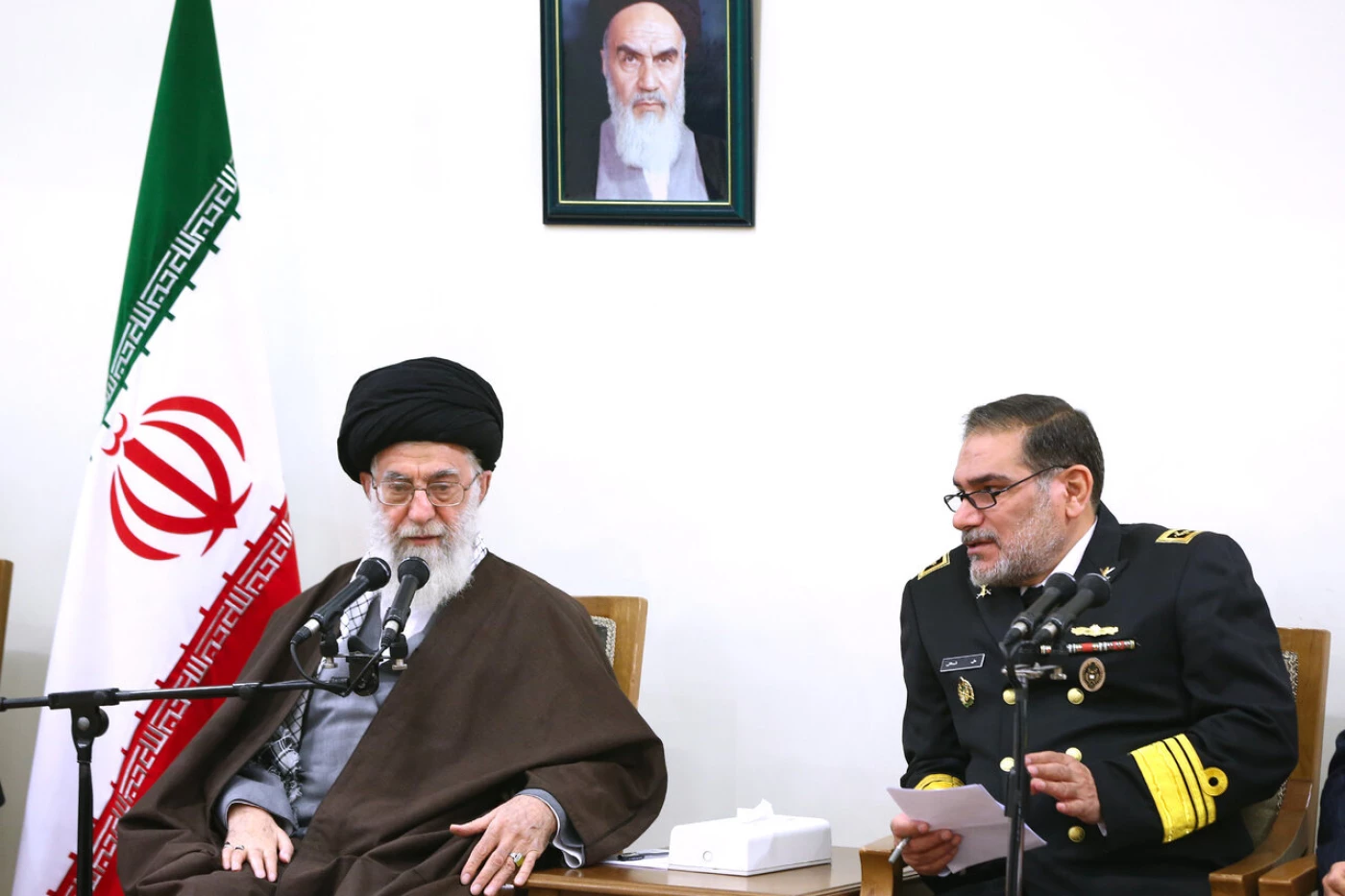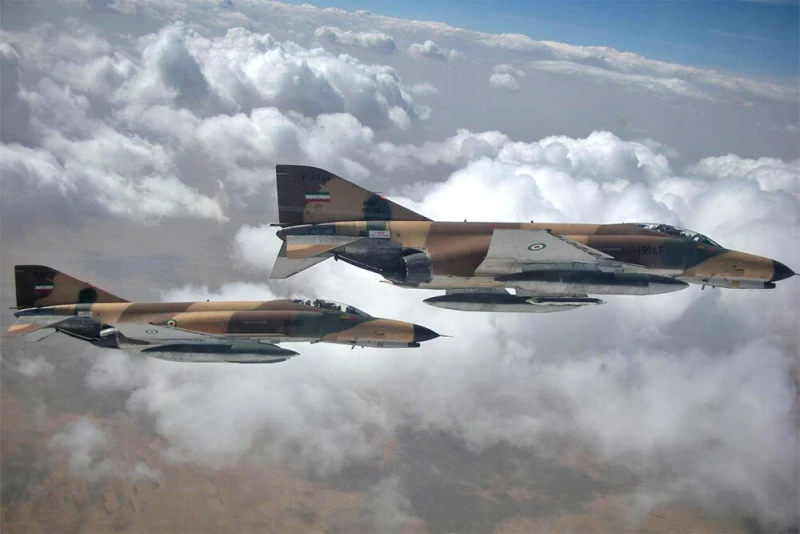LONDON, United Kingdom - A senior advisor to Iran's Supreme Leader Ayatollah Ali Khamenei has warned of serious measures, including the exclusion of international nuclear inspectors, if military threats against Tehran escalate.
"Continued external threats, placing Iran under circumstances of a military strike, could lead to deterrent measures," wrote Ali Shamkhani in an X post on Thursday.
The message followed weeks of harsh rhetoric and major regional military reinforcements by the US government, which has warned that Tehran's failure to negotiate its nuclear program will be met with strikes.
Shamkhani, an influential politician and former secretary of Iran's Supreme National Security Council, said the Islamic Republic's first measure will be expelling the inspectors dispatched by the International Atomic Energy Agency (IAEA) and cutting off all cooperation with the agency.
The IAEA's ties with Iran have already been in tatters since 2019, when Iranian authorities decided to raise uranium enrichment levels to 60%, far beyond limits set by the 2015 nuclear deal (JCPOA).
Tehran argues that the breach was a response to the 2018 US pullout from the accord, and the remaining European signatories' failure to provide the Iranian side with the economic dividends promised by the accord.
The IAEA has since faced periodical restrictions as well as denials of access to certain nuclear sites, where Iran has failed to demonstrate transparency and remove the alleged ambiguities.
At a next step, that could be put on the agenda, according to Shamkhani, Iran will transfer its enriched uranium to "secure and undisclosed locations."
At diplomatic levels, Iran has recently signaled readiness to ease US concerns about its presumed nuclear weapons ambitions.
In parallel, however, a shift in rhetoric is also shaping the narrative put forward by certain powerful politicians and commanders in Tehran, who insist that the production of atomic bombs could serve as an effective message, making the United States and Israel rethink any potential military action.
Shamkhani's statement comes as Iran and the United States are readying for talks mediated by the Omani government in Muscat on Saturday.
Iran's Foreign Minister Abbas Araghchi and President Donald Trump's Special Envoy to the Middle East Steve Witkoff are to lead the dialogue, the precise format of which has yet to be clarified, as Tehran insists on indirect talks, while Washington pushes for direct engagement.



 Facebook
Facebook
 LinkedIn
LinkedIn
 Telegram
Telegram
 X
X


